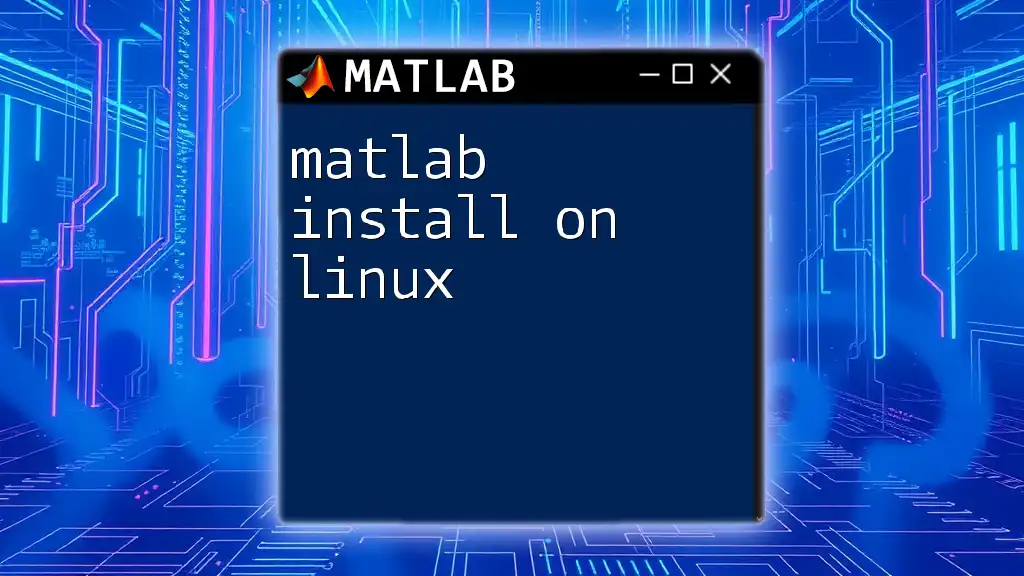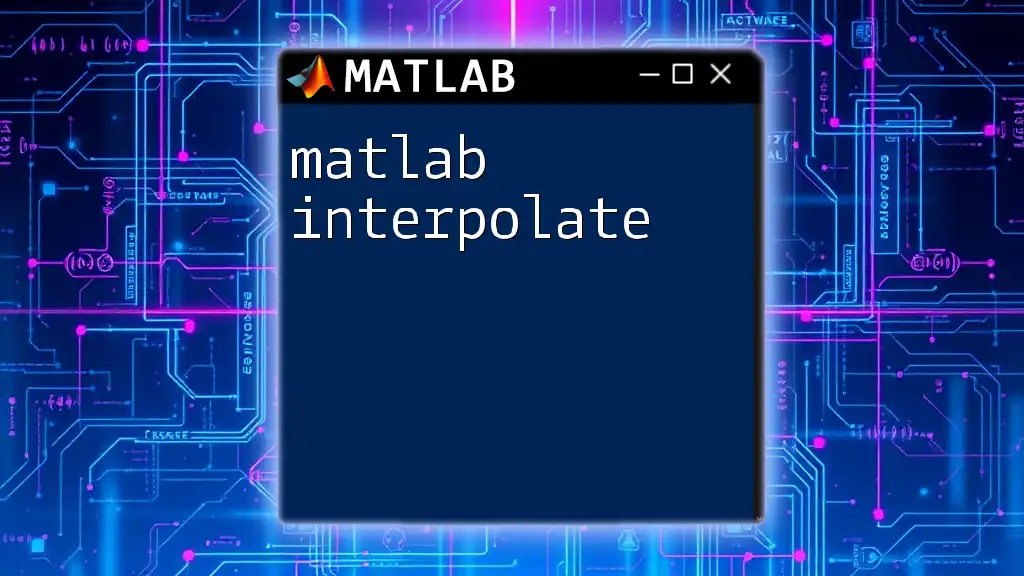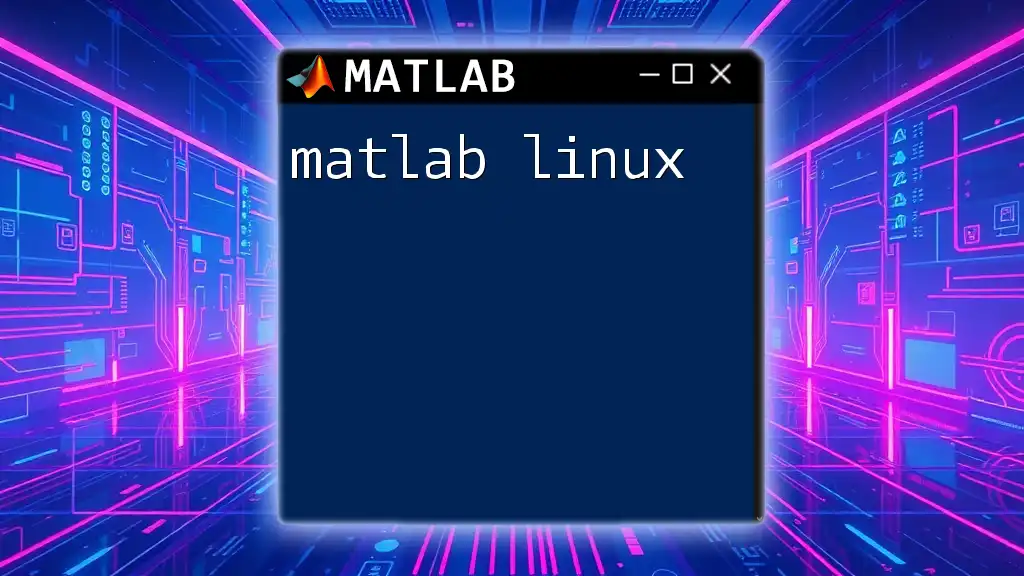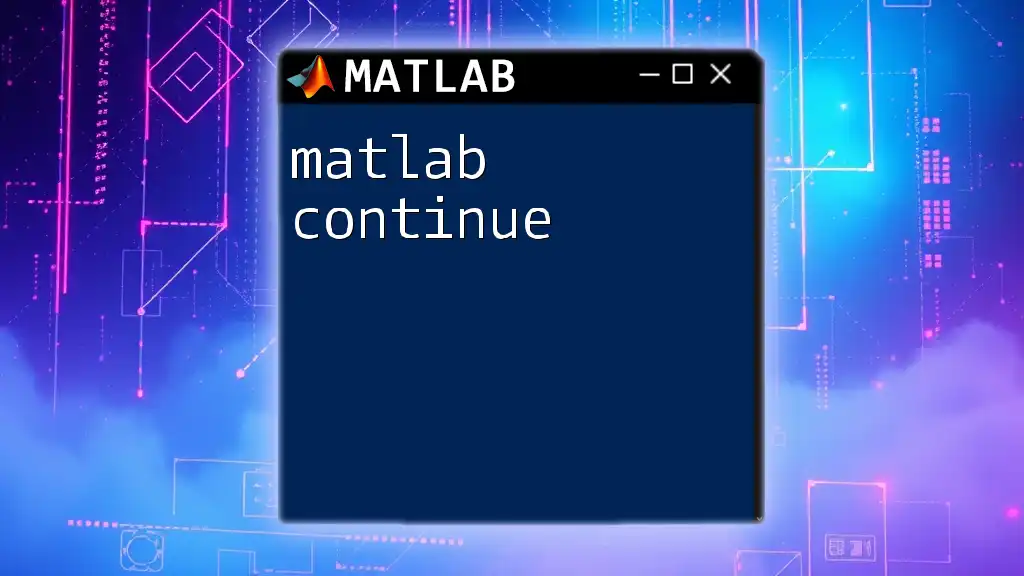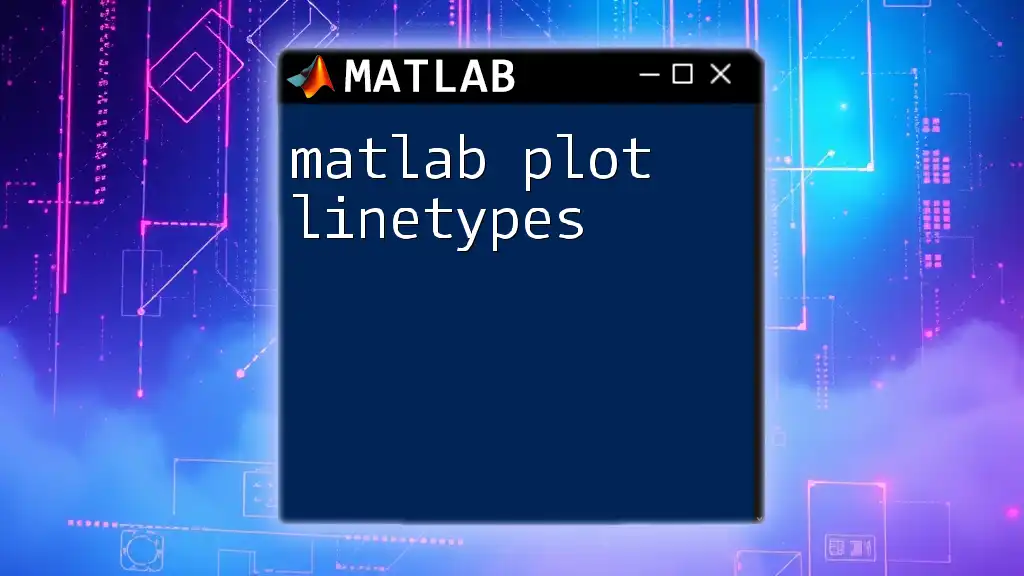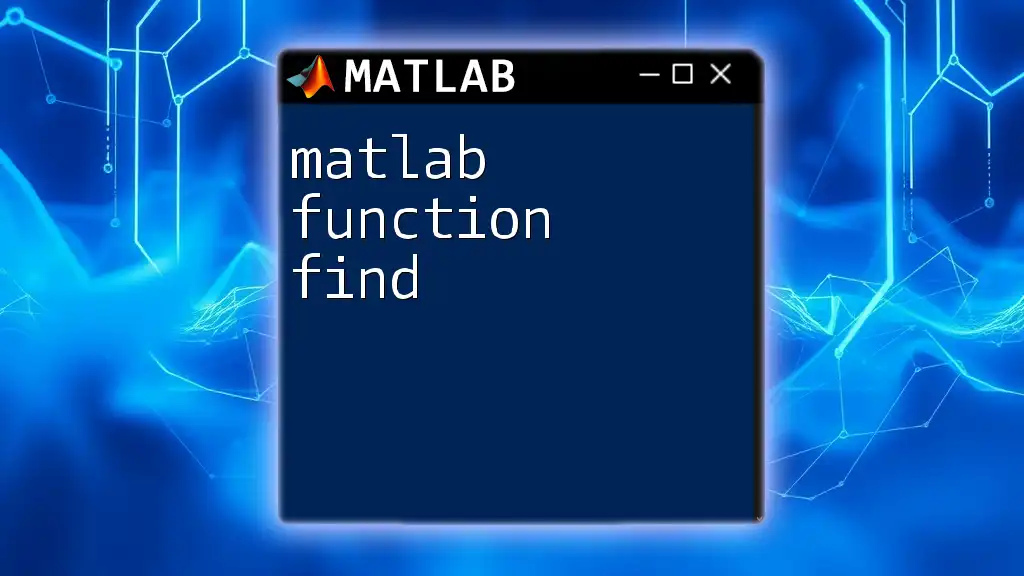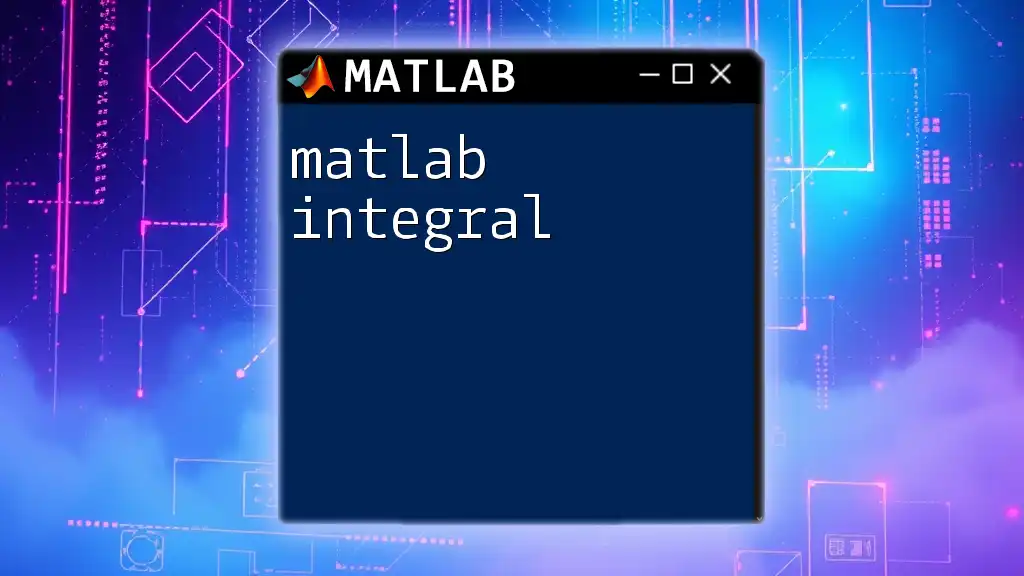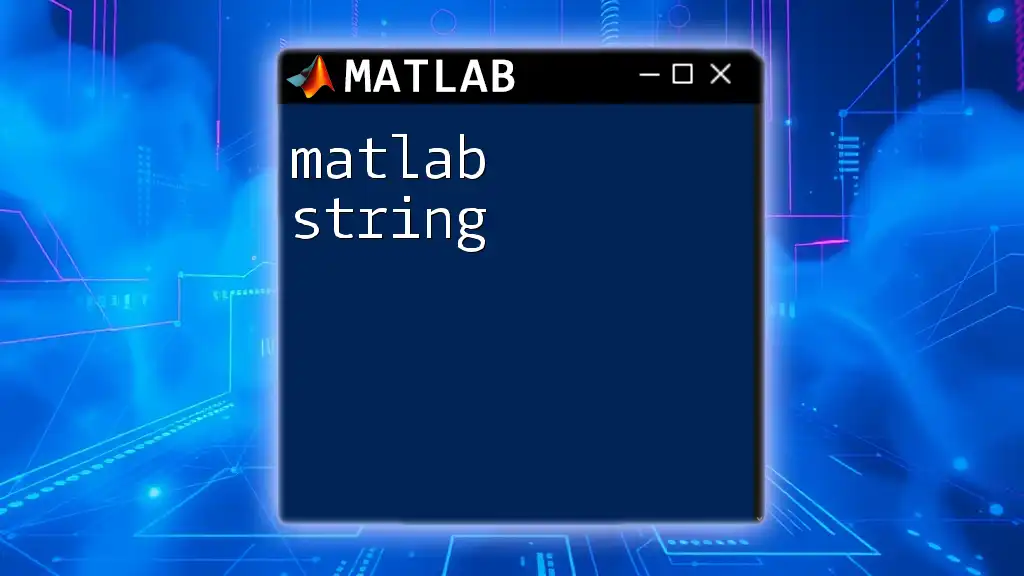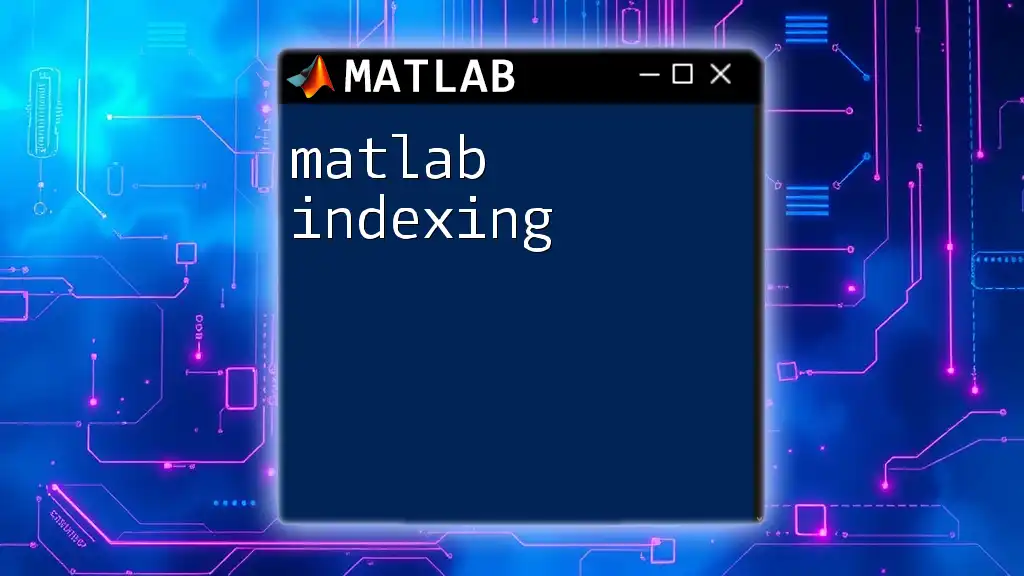To install MATLAB on Linux, you can download the installer from the MathWorks website and run it through the terminal with appropriate permissions.
sudo sh ./install
System Requirements
Before you proceed with your MATLAB install on Linux, it is crucial to ensure that your system meets the necessary requirements. To run MATLAB smoothly, you should have the following:
Minimum Hardware Requirements
- A modern CPU with a minimum of 4 cores is recommended.
- At least 8 GB of RAM, though 16 GB is preferable for larger projects.
- Sufficient storage space, with at least 20 GB available for MATLAB installation and additional space for toolboxes and projects.
Supported Linux Distributions MATLAB is compatible with several popular Linux distributions. Ensure you are using one of the following:
- Ubuntu (LTS versions recommended)
- CentOS (7 or later)
- Fedora (recent versions)
Check the official MATLAB website for the exact version compatibility of your distribution before proceeding.
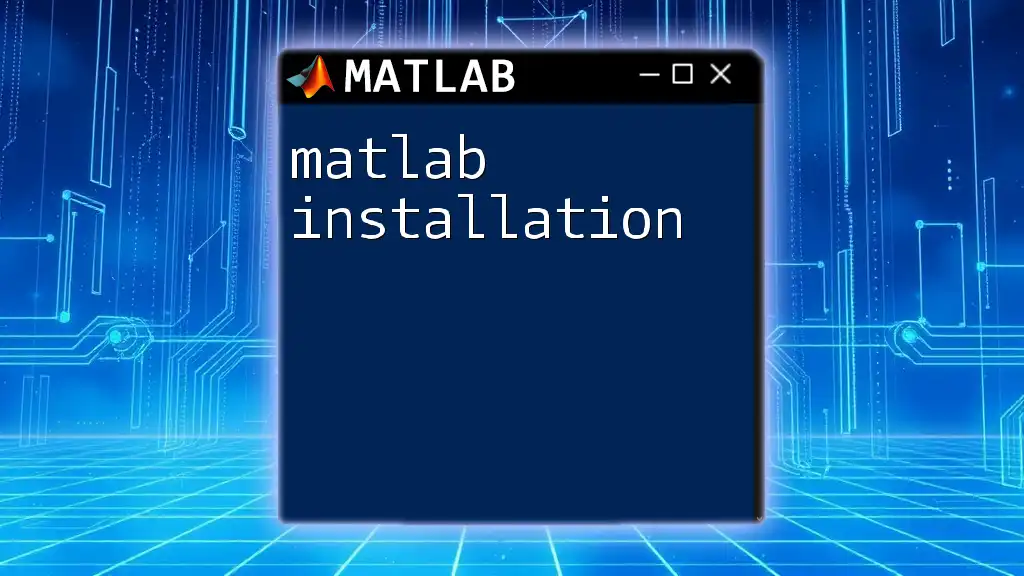
Preparing for Installation
Before diving into the installation process, it is essential to prepare your Linux environment.
Updating Your System Keeping your operating system up to date can prevent many issues during installation. Run the following command in your terminal to update your package lists and installed packages:
sudo apt-get update && sudo apt-get upgrade
Downloading MATLAB Next, you must obtain the MATLAB installer. Visit the MathWorks website to log in to your account and download the appropriate installer for Linux. While downloading:
- Choose between the network installer (for downloading during installation) or a standalone installer (that you can install offline).
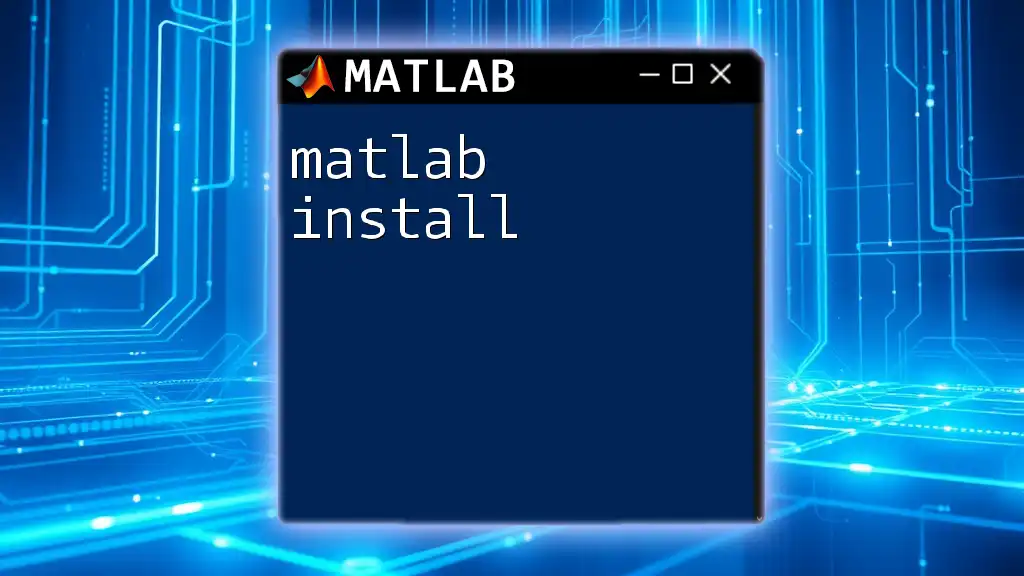
Installation Steps
Pre-installation Tasks
Prior to running the MATLAB installer, make sure any required prerequisites are installed on your system.
Installing Prerequisites You may need additional libraries for MATLAB to function correctly. For instance, the following command installs essential libraries that MATLAB relies on:
sudo apt-get install build-essential libstdc++5
Installing MATLAB
Now, you’re ready to install MATLAB.
Starting the Installer Navigate to the directory where you have downloaded the MATLAB installer. Use the terminal to change to this directory. To launch the MATLAB installer, execute:
sudo ./install
License Agreement Upon starting the installation, you’ll be prompted to review and accept the license agreement. Carefully read the agreement and select the appropriate license type for your usage—be it individual, academic, or other categories.
Installation Path Selection During installation, you will choose the destination directory. Ensure you select a location with sufficient permissions and adequate space for the installation. A common choice is `/usr/local/MATLAB` or a custom folder within your home directory.
Configuring MATLAB
Once the installation is complete, you may need to configure certain elements to improve your MATLAB experience.
Setting Up Environment Variables To ensure that MATLAB runs smoothly, you'll need to set the MATLAB path in your environment variables. This step is vital as it allows your terminal to recognize MATLAB commands. Add MATLAB to your `PATH` by executing the following command:
echo "export PATH=/usr/local/MATLAB/R2023a/bin:$PATH" >> ~/.bashrc
source ~/.bashrc
Replacing `R2023a` with your specific MATLAB version is necessary. This command updates your profile with the MATLAB path every time you log in.
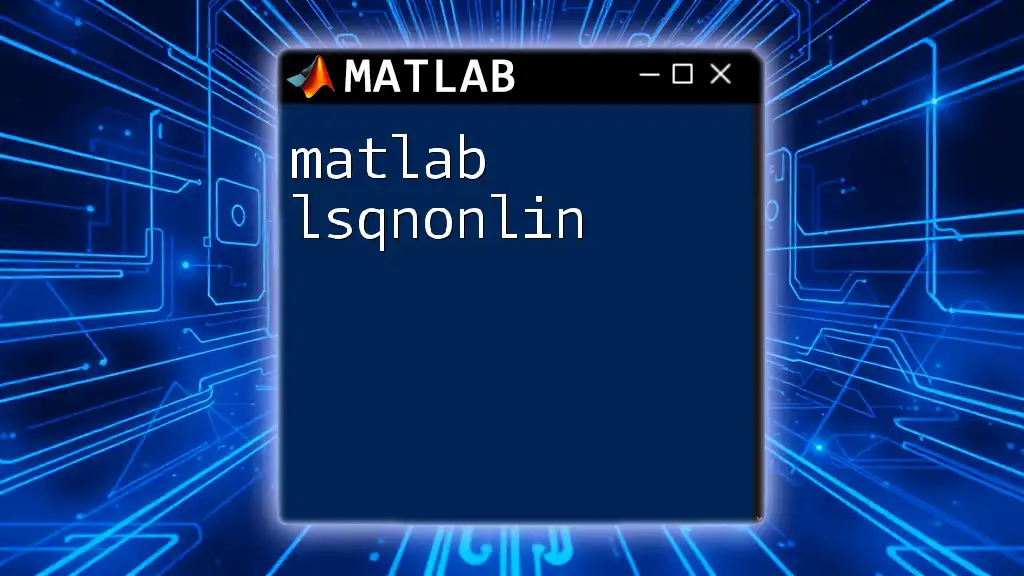
Verifying the Installation
Now it’s time to test if MATLAB was installed correctly.
Running MATLAB for the First Time Launch MATLAB by entering the following command in the terminal:
matlab
If everything was done correctly, MATLAB should start without issues, displaying the Home window with options to create scripts, access the command window, and more.
Troubleshooting Common Installation Issues Installation errors can occur, commonly due to missing libraries or dependencies. If you encounter issues:
- Check the `/tmp` directory for installation logs; it contains helpful details regarding any errors encountered during installation.
- Re-running the installer might resolve missing dependencies identified in the logs.
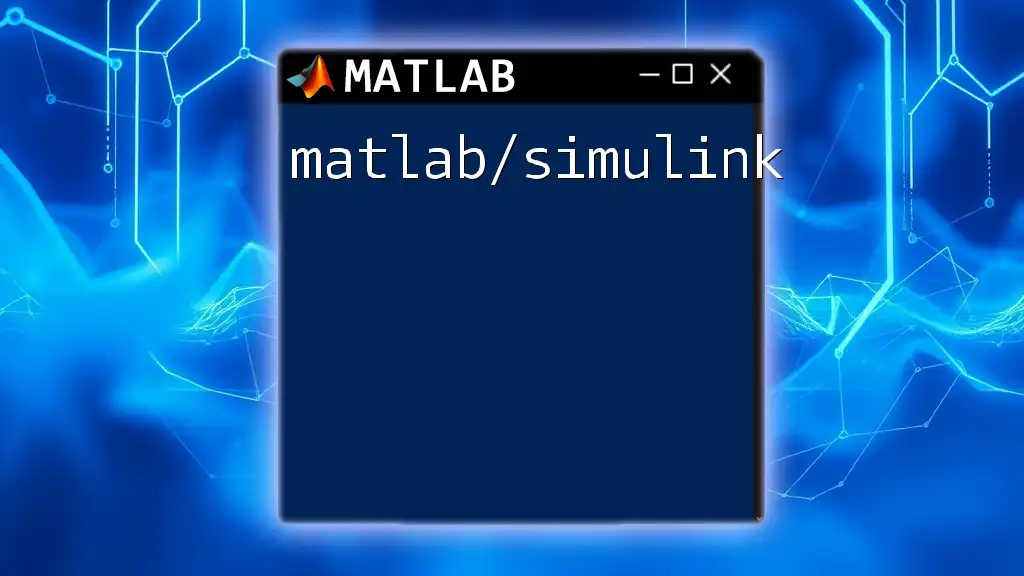
Additional Configuration for Enhanced Use
After successfully installing MATLAB, you may want to make some additional configurations to optimize your workflow.
Installing Add-ons and Toolboxes
MATLAB Add-ons You might find it beneficial to enhance your MATLAB functionality with additional toolboxes or add-ons. Access the Add-ons menu within MATLAB's interface:
- Go to the Home tab.
- Click on Add-Ons to search through available packages.
Choosing the right toolboxes tailored to your projects can significantly streamline your work.
Customizing MATLAB Settings
User Preferences MATLAB allows various customization options in the settings menu. Navigate to Preferences to adjust interface, appearance, and performance settings according to your needs.
Setting Up Shortcuts Creating command aliases for repetitively used MATLAB commands can save time. You can define shortcuts by adding lines to your `startup.m` file or by using command aliases.
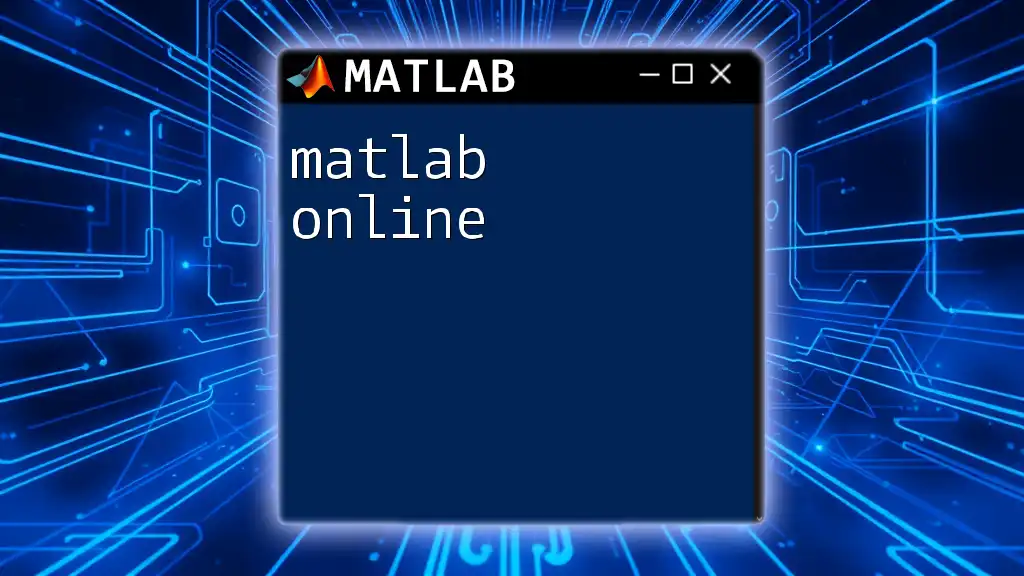
Conclusion
With MATLAB now successfully installed on your Linux system, you can navigate through its robust features and unleash its capabilities for your engineering and data analysis projects. Remember, the journey through MATLAB is continuous, filled with learning and discovery.
For further inquiries or to share your experiences with MATLAB installation, we encourage you to reach out or leave your thoughts in the comments. Your insights can help guide others on their MATLAB journey.
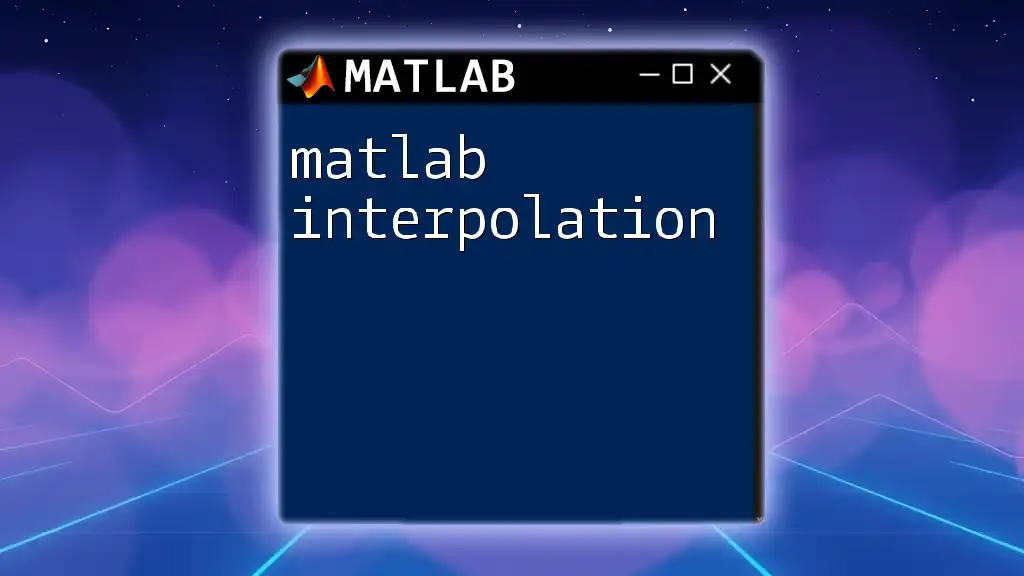
Additional Resources
For the best learning experience and support, consider the following:
- Consult the official MATLAB documentation for detailed user guides and troubleshooting tips.
- Explore online tutorials and videos tailored toward specific functionalities and toolboxes within MATLAB.
- For personalized training or assistance, do not hesitate to contact our company for expert help and guidance.
This comprehensive guide on matlab install on linux should equip you with the knowledge to install and configure MATLAB effectively on your Linux systems. Enjoy your journey in harnessing the power of MATLAB!

